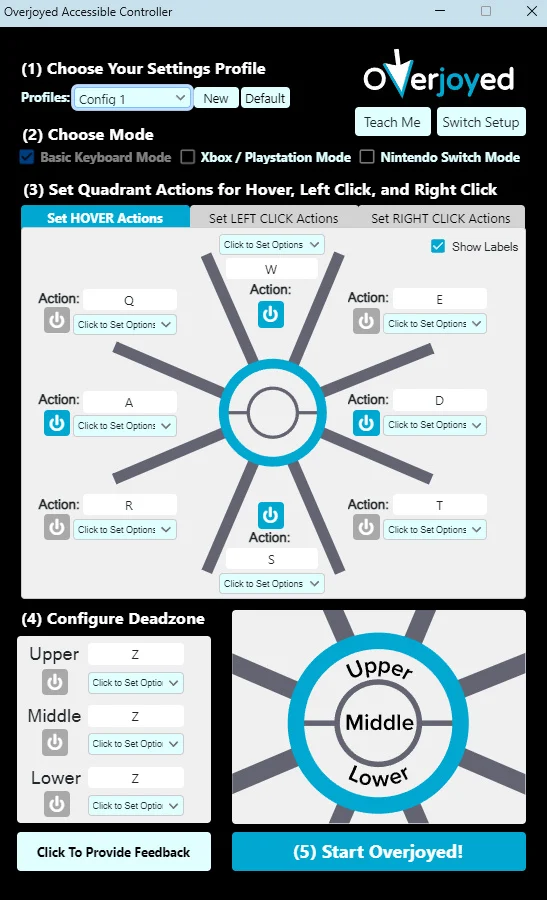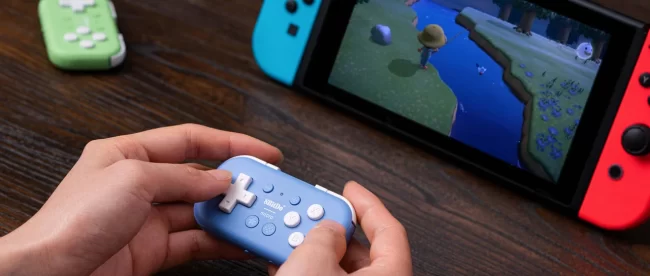Improving Gaming Accessibility: Anthony DeVergillo’s Overjoyed Accessible Controller for Nintendo Games
Nintendo is often criticized for its lack of accessibility in gaming, particularly when it comes to remapping buttons and the mandatory use of multiple commands across its games. Unlike its competitors Sony and Microsoft, which offer specialized accessibility controllers, Nintendo has lagged behind in providing adaptable gaming solutions. This gap in the market has prompted individuals like Anthony DeVergillo to take initiative and create their own solutions to enhance accessibility for gamers with disabilities.
Anthony DeVergillo, affected by Duchenne Muscular Dystrophy, which impairs muscle function, found himself frustrated by Nintendo games that required motion controls for basic functions like saving progress. His challenges with games like “Super Mario Galaxy,” which heavily relied on motion controls, pushed him to innovate. As a result, he developed the Overjoyed Accessible Controller with the help of a non-profit organization, Our Odyssey. This controller is designed to be used with minimal physical movement, capable of being operated with just one finger, or even through eye and facial recognition, thus allowing more people to enjoy gaming despite physical limitations.

The Overjoyed Accessible Controller is a sophisticated yet user-friendly device that translates mouse movements into game commands. It features a customizable interface where movements and button presses are mapped to a wheel, which divides commands into various sections that can be activated by simple gestures. This technology not only makes gaming more accessible but also demonstrates the potential for further innovations in gaming interfaces. Anthony’s initiative also led him to partner with 8BitDo, a controller company, to adapt the Overjoyed system for use with Nintendo Switch, enhancing its compatibility and reach.
Anthony’s efforts extend beyond personal use; he aims to raise awareness about gaming accessibility through various initiatives, including live streaming the development process and engaging with online communities. He also proposed the “No Controller Challenge” to encourage content creators to try alternative gaming methods, thus highlighting the importance of accessibility in gaming. These efforts showcase not only the technological innovations that make gaming more inclusive but also the community engagement that promotes a broader understanding and support for accessible gaming solutions.
Watch Anthony and his friend Napper play the viral sensation Suika Game and try to turn cherries into watermelons using Overjoyed!
ChatGPT, a potential tool for increased accessibility, was used as a research and writing aid for this blog post. Do you think this is an appropriate use of chatGPT? Why or why not? Let me know!


Leave a comment